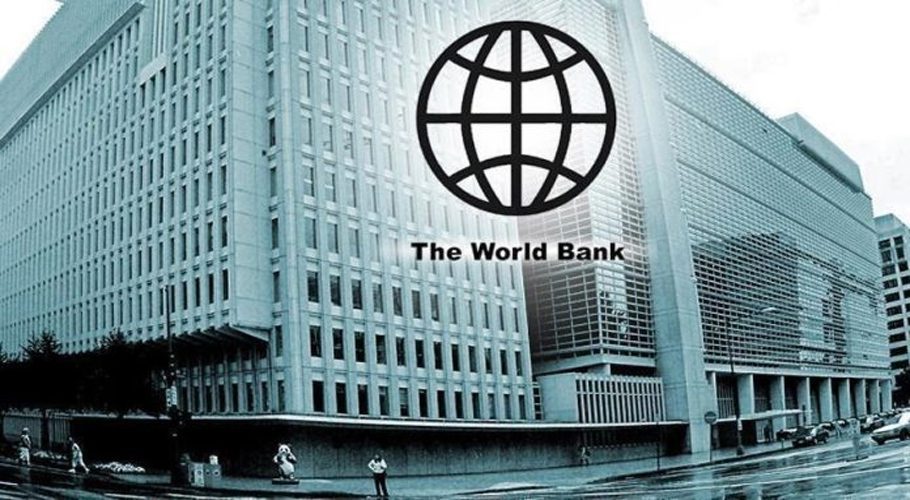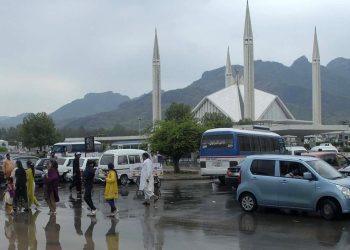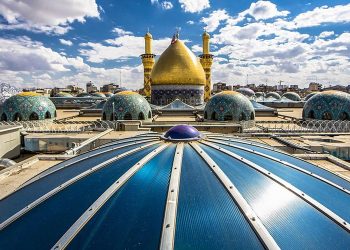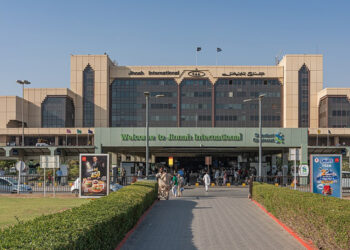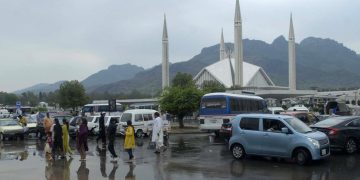The World Bank’s Board of Executive Directors on Tuesday approved $194 million for two education and water security projects in Balochistan.
World Bank Country Director Naji Benhsin said that the GRADE Balochistan project aims to reduce educational poverty in the province, while the Balochistan Water Security and Productivity Improvement Project will help address the province’s water supply challenges and address the impacts of climate change.
He added that the World Bank will continue to invest significantly in not only strengthening infrastructure but also improving human resources for the development of Balochistan, so that new employment opportunities are created and poverty is reduced.
The “Gating Results: Access and Delivery of Quality Education Services” (GRADE-Balochistan) project, which is worth $100 million, will benefit about 250,000 students. The project’s specific objective is to increase enrollment in early childhood and primary education and improve literacy and numeracy skills.
The project will also support 5,000 teachers through continuous professional development programs. In addition, 400 female students will be provided with scholarships for teacher pre-service education to train new teachers.
Inga Afanaseva, the project team leader, said that the Grades Balochistan project is a key strategic initiative that addresses significant gaps in education delivery and quality in the province.
The project not only aims to improve educational infrastructure but also aims to increase disaster resilience and promote environmental sustainability. These efforts underscore the World Bank’s commitment to building a safe and sustainable future for the children of Balochistan.
Meanwhile, the World Bank has also approved the Balochistan Water Security and Productivity Improvement Project worth $94 million. The project aims to improve the lives of smallholder farmers in the Nari, Tali, and Lehri River basins and to improve the efficiency of the water supply system in Quetta city.
The project will provide improved access to basic water services to nearly 500,000 people and provide climate-resilient infrastructure to over 80,000 people.







